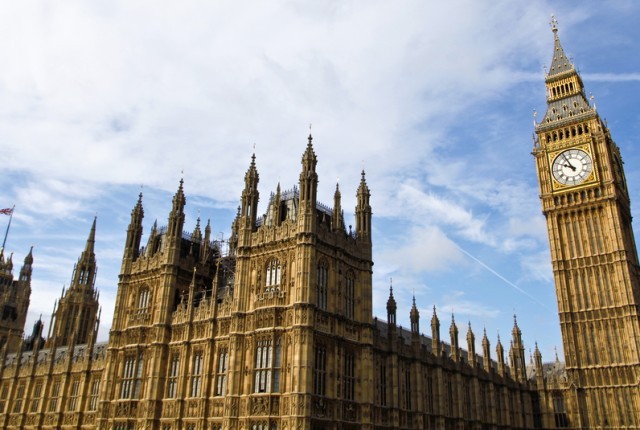

Autumn statement 2023: Key points at a glance
PUBLISHED ON: 22/11/2023
The chancellor has announced his financial update, here are the main points from the autumn statement.
Personal tax
- Employee national insurance contributions are being reduced by two percentage points from 12% to 10%.
- This tax cut will be brought in from 6 January 2024.
- This will affect 28 million people, saving someone on the average salary £450.
Growth
- Forecasts from the Office for Budget Responsibility show the economy will grow by 0.6% this year and 0.7% next.
- It is now 1.8% larger than it was before the Covid-19 pandemic, according to the official figures.
- Inflation is expected to fall to 2.8% by the end of 2024 according to the spending watchdog, down from 11.1% last year when Hunt and Sunak took office.
- GDP will then grow 1.4% in 2025, and 1.9% in 2026 and 2% in 2027 and 1.7% in 2028.
- In March, the OBR had forecast the economy would shrink by 0.2% in 2023, before growing by 1.8% in 2024, 2.5 % in 2025, 2.1% in 2026 and 1.9% in 2027.
Wages and benefits
- Making the biggest set of welfare reforms in a decade and will get 200,000 more people into work.
- People claiming benefits will face mandatory work experience if they do not find a job within 18 months.
- As pre-announced, the “national living wage” will increase by more than a pound an hour from April to £11.44. It will also be extended to 21-year-olds.
- Benefits will be increased by 6.7%, and there will be tougher requirements for those who claim them to look for work.
- The state pension will be increased by 8.5%.
- Increase the local housing allowance, which has been frozen since 2020, in a measure worth £800 for some households next year.
Borrowing
- Headline debt is to be worth 94% of GDP by the end of the forecast period, lower than forecast by the OBR in March.
- In cash terms, the OBR estimates the budget deficit – the gap between spending and income – is 4.5% of GDP in 2023-24.
- In its previous forecasts in March, the OBR had estimated borrowing would be 5.1% of GDP or £132bn in cash terms, in 2023-24.
Business tax
- Making so-called “full expensing” permanent. This allows businesses to offset investment in items such as new IT equipment and factory machinery against tax.
- The chancellor adds that the total package of measures will help increase business investment by about 1% of GDP.
- Reform taxes paid by self-employed people, and will abolish their “class 2” national insurance contributions, which count towards their state pension entitlements. This will cut taxes for 2 million people, he says. “Class 4” contributions will be cut by one percentage point. Together these will be worth £350 a year.
- There will be a business rates discount for hospitality retail and leisure worth £4.3bn.
Economy
- The chancellor will invest an extra £4.5bn between 2025 and 2030 in manufacturing.
- About £1m will go to aerospace companies and businesses working on green technologies.
- Accepting recommendations from a review of foreign direct investment into the UK, carried out by former business minister Lord Harrington.
- There will be a new “investment zone” in Wrexham, Wales, in a bid to increase employment in the area. There will be three others in England: Greater Manchester, and the west and east Midlands.
Have Any Questions?
Qualified Team Available
Related Articles

18/12/2025 Read More
The Bank of England has announced that base rates have been cut to 3.75%.

26/11/2025 Read More
The Autumn Budget 2025 has been announced. Here are the key points.

20/10/2025 Read More
MAF Finance Group has been awarded Asset Finance Broker of the Year in the Leasing Foundation's Going Further Awards 2025.
